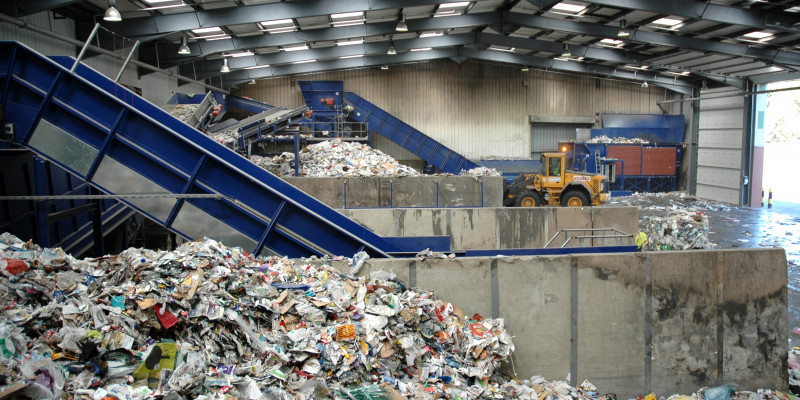Solid municipal waste is the remains of food or commodities or industrial production that no longer have the same properties and are unsuitable for further use. Their collection, storage and disposal is a whole process regulated by a number of legislative acts.
Normative regulation
Here are some documents you should pay attention to:
- Production Waste Act of 1998.
- Government Decree of 2016 No. 1156 (includes the rules for handling MSW and the procedure for concluding agreements with consumers).
- Government Decision of 2016 No. 269 (determination of standards for the accumulation of garbage).
- Other regulatory acts adopted by authorities at various levels (federal, regional and municipal).
- Norms of environmental legislation.
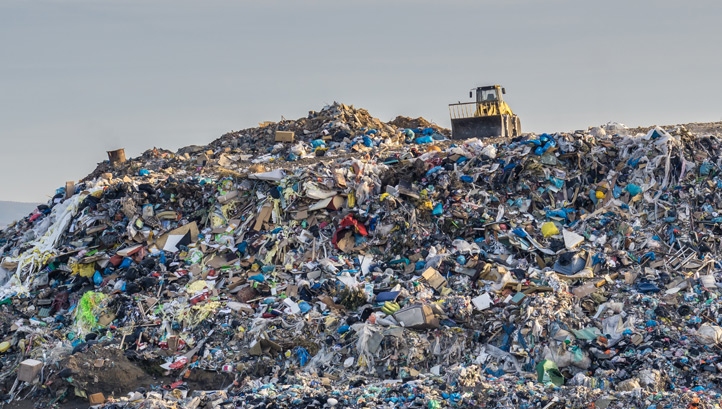
A number of documents are adopted in the regions that are not directly normative acts. For example, the territorial scheme of waste management. It is a study about the sources of garbage, places of storage, volumes of accumulation. The scheme is created to calculate the rate of accumulation. It then forms the basis of the tariff for storage and garbage collection.
This can also include the sanitary cleaning scheme adopted in the city or municipality.
Thus, municipal solid waste is an object of regulation at all levels of government.
Features of concluding an agreement with consumers
An organization that has received the status of a regional operator for the removal, storage and processing of garbage concludes an agreement with the authorities of the subject. One of the paragraphs refers to Decree No. 1156, by which she undertakes to be guided in work with consumers.
According to him, the company sends the consumer a draft contract with a proposal to sign it. At the same time, the removal of municipal solid waste is a communal service, and the regulation No. 354 on the procedure for the provision of communal services is applied to relations with consumers (corresponding changes were made to it). Also, the consumer must independently apply for an agreement.
What is a consumer entitled to?
The municipal solid waste operator is responsible for the garbage from the moment it is loaded onto the vehicle. Up to this point, consumers are responsible for it.
Either municipal administrations (for example, in the private sector) or the owners of an apartment building are responsible for organizing storage facilities. If the house is managed by a specialized organization, responsibility rests with it.

Employees of the operator company are obliged to collect the stored garbage, leaving nothing behind, however, after their arrival, scattered garbage often remains around the sites. This should not be.
The basic right of citizens is garbage removal every day without holidays and weekends.
Consumers have the right to make a claim for poor-quality rendering or non-provision of services. It must be signed by persons living either in a neighboring house or in a neighboring village (if violations are allowed in the countryside).
Waste classification
Recently, the waste classification has been amended. Solid municipal waste, in particular, is common waste generated daily.
Bulky rubbish - furniture, household appliances, other items that cannot be placed in a regular container, special storage places are allocated for them. Export, according to the norms, should also be organized separately. True, garbage collection operators ignore this rule.
A hazard classification has been introduced. Solid municipal waste is waste divided into hazard classes 4 and 5. If you need a license to work with class 4, then in the case of class 5 it is not necessary.
Work organization
Solid municipal waste management is organized on the basis of an agreement with a regional operator. The agreement is signed by the consumer on the basis of the standard form, which is the same for the whole country. I must say that the operators, at their discretion, make significant adjustments to the text of the contract. Such actions are a direct violation of the law.
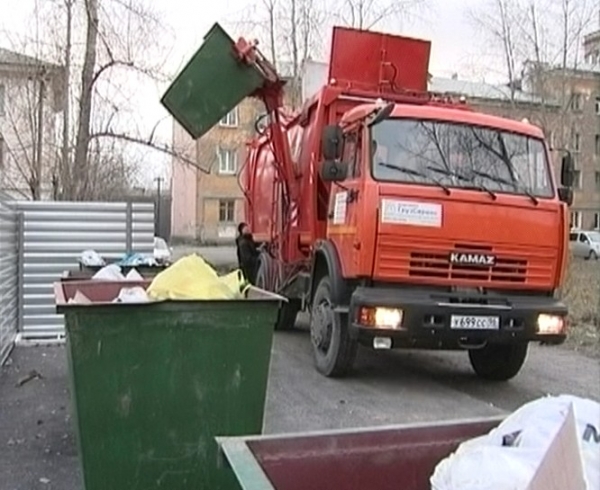
The contract is always signed with the operator, although he is entitled to attract other organizations on a contract basis that have the ability to remove waste. They do not contact consumers.
In the contract with the consumer, the places for collecting municipal solid waste are entered in accordance with the territorial scheme of waste management.
Waste Management Scheme
This document with graphic and text files is created for:
- planning a strategy for the collection and disposal of waste in the region;
- organization of work of the regional operator and other persons involved in it on the basis of a contract;
- determination of the place of collection, disposal, accumulation, processing and disposal of waste;
- development of a program of measures for the creation and reconstruction of facilities for storage, processing, neutralization and disposal of waste.
The conclusions of the territorial scheme are used to calculate the standards for the accumulation of municipal solid waste, which are then taken to calculate the tariff for the services of a regional operator.
The approximate structure of the territorial scheme:
- general provisions;
- the size and structure of the population of the subject;
- sources of waste;
- volumes of waste generated;
- indicators for the collection, processing and disposal of waste that are planned to be achieved;
- places of accumulation, storage, disposal and disposal of MSW;
- waste stream schemes;
- procedure for reviewing the provisions of the scheme.
In general, the diagram is a collection of forecasts and statistics.
Solid municipal waste standards
To account for the amount of garbage created, special calculations are made. They are made on the basis of available data on sources of garbage. Differentiation is possible:
- between the territories of municipalities;
- by categories of consumers;
- by categories of objects.
Settlements are made by authorized bodies, usually municipalities. In cities of federal significance, the powers are exercised by the governments of the subjects.
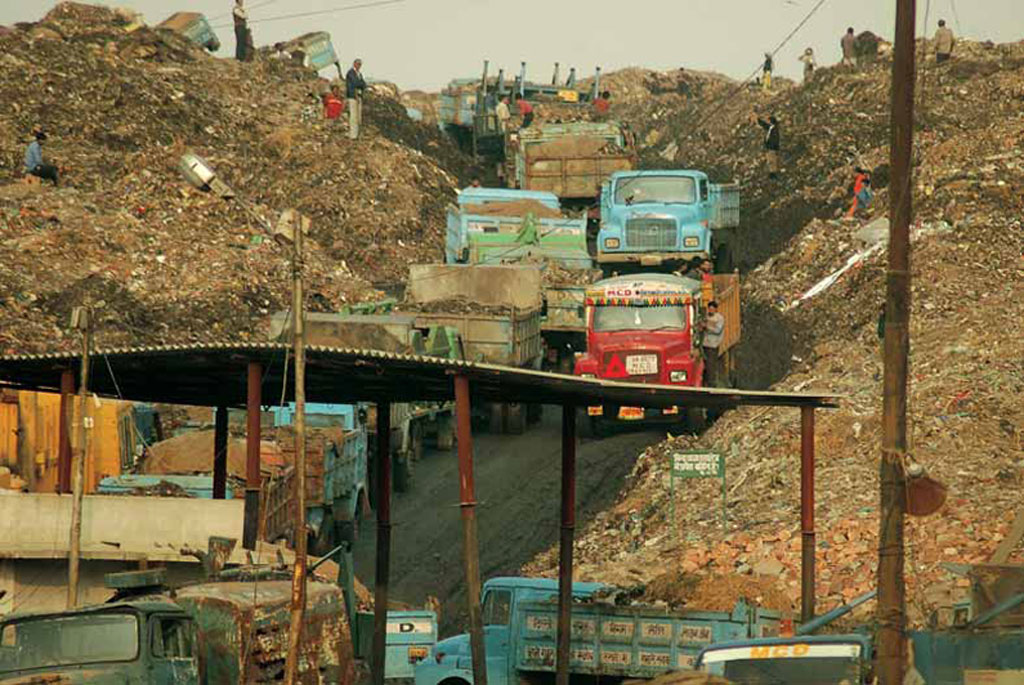
For measurements, sections of settlements are selected where at least a certain percentage of the total population lives. At least 3 objects from each category are selected. Measurements are made based on the amount of garbage available in containers, garbage bags, bins.
I must say that the standards for the accumulation of municipal solid waste are one of the basic tariff rates for the services of a regional operator. It determines how much presumably one person produces garbage during the day.
Is there a difference in payment for the countryside
Today, the creation of territorial schemes has led to the lack of separation between urban and rural areas. Now residents of the city and village pay the same price. Moreover, a significant part of the garbage in the countryside is recycled by residents on their own, without harming the environment.
Where is the garbage stored
It implies its storage in several possible places:
- in containers located on the streets on specially equipped sites;
- in garbage collection chambers of apartment buildings;
- other containers provided by the operator.
Warehousing in unspecified locations will result in administrative liability. At the same time, the company responsible for garbage collection has the right to submit documents for inclusion in warehouses, objects where waste is actually stored.
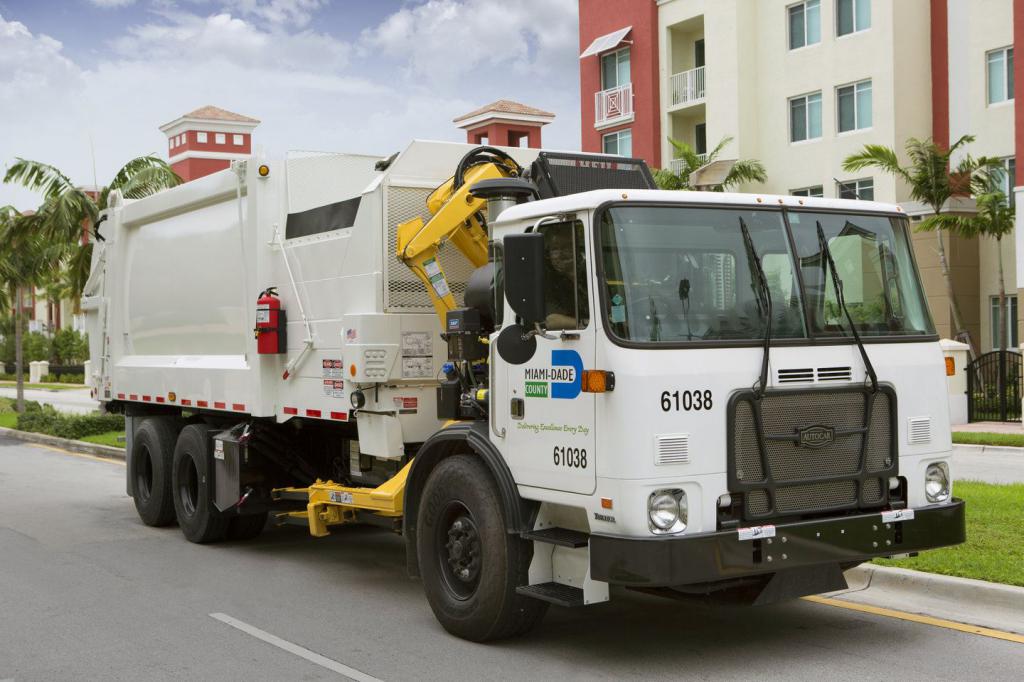
If there is an unauthorized landfill and it is not known to whom the waste belongs, the local municipality is obliged to conclude an agreement with the operator on the removal of the entire volume of garbage.
Garbage sorting
Solid municipal waste management should include its sorting for further processing. In developed countries, the introduction of a separation system provides an additional source of secondary raw materials for production (for example, precious metals, the use of mercury and other substances). In Russia, at the moment, the waste distribution system by type does not work, although it has been talked about its implementation for a long time. Moreover, this requires additional costs for companies working with waste. When the solution to this problem begins, it is unknown.
Who is responsible for the collection, storage and disposal of garbage
Regional operator. Solid municipal waste is his main area of activity. This includes the entire chain, from collection to recycling. General provisions on it are defined by the law on waste management.
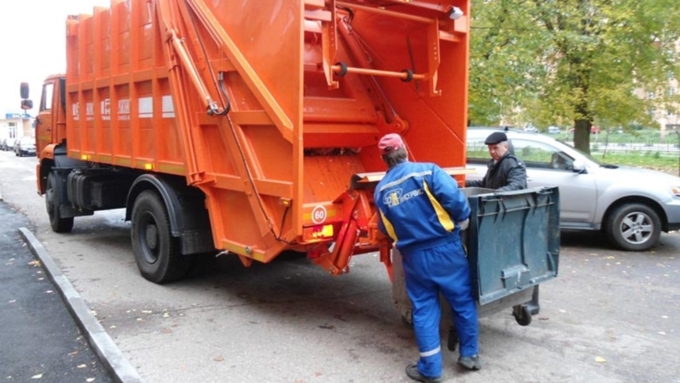
Operators are selected on a competitive basis. The law does not prohibit the selection of several operators, but so far the practice of appointing one company is practiced. To eliminate claims of abuse, all companies that have previously collected or disposed of waste are brought in by the operator. Moreover, not a single company is capable of covering the whole region with its activities.
According to the law, the term of an agreement with a regional operator is no more than 10 years. If the contractor violates the terms of the contract, it is terminated. Disputes regarding the fulfillment of the conditions or termination of the agreement are resolved by the Government of the Russian Federation. The possibility of filing a lawsuit with a court is not ruled out.
Requirements for Applicants
Legislation sets forth the following requirements for an applicant for the status of a regional operator:
- the presence of state registration of the enterprise or individual entrepreneur in the register;
- availability of a license giving the right to work with all categories of waste;
- there should be no bankruptcy proceedings against the company or entrepreneur, and he cannot be bankrupt;
- lack of administrative penalties in the form of suspension of the enterprise;
- There is no tax and assessed arrears;
- the head and chief accountant do not have a criminal record for economic crimes.
When choosing an operator, two criteria are taken into account: the price of the service and the level of quality.
If it turns out that the company that won the tender provided incorrect or false data, it loses its status and the agreement with it is terminated.
Operator Responsibilities
The agreement with the operator of municipal solid waste includes a significant list of responsibilities, but we will highlight only the main ones that are significant for consumers:
- organization of activities in accordance with the provisions of the state and regional programs;
- conclusion of agreements on garbage removal with owners of private houses, apartment buildings and managing organizations;
- conclusion of agreements with companies providing collection, transportation and storage of waste;
- conclusion of agreements with companies providing the processing, disposal and disposal of waste;
- receiving claims from consumers and making decisions on them;
- participation in planning, regulation and control of activities in the field of MSW management within the competence;
- Separate waste collection (paper, metals, polymers, glass, etc.);
- participation in the creation of companies providing for the treatment, recycling, disposal of waste;
- collection, transportation and delivery of especially hazardous types of waste to specialized organizations;
- other duties specified in regulatory enactments.
Finally
MSW is the waste products of citizens and enterprises. Their storage, transportation and processing or disposal are provided in accordance with a number of regulatory documents.

In order to organize waste management, a special study is being carried out, its result is the creation of a territorial scheme for waste management. Based on it, accumulation standards are calculated, which are then used to calculate the tariffs for MSW management.
